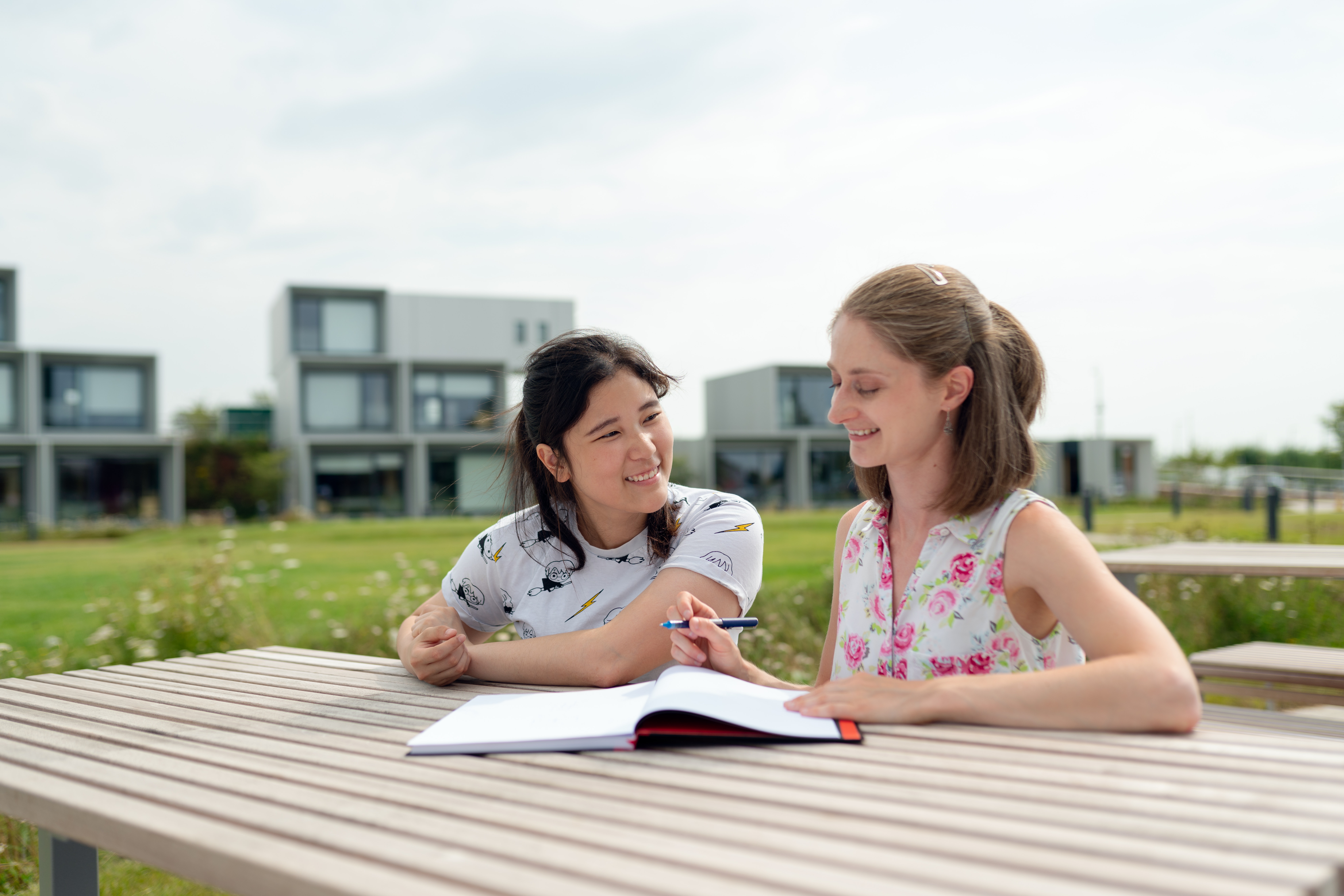Using HSC English past papers is an excellent way to prepare for your exam. Reviewing previous exams can help identify areas you need to improve on and give you an…
Being part of the first year to take on a new Area of Study can be daunting. There are no notes to refer to. No past papers, no sample responses. Discovery is brand spanking new. However, it isn’t really. There are key aspects of the syllabus that have defined the AOS module for decades. Once you discover what these are, this module won’t seem so scary after all.
Firstly, what is the purpose of making English a compulsory HSC subject? It isn’t just to torture students or to moderate marks for other subjects. It’s all about the power of language. Language underpins our entire perception of ourselves and the world around us. We communicate ideas and meaning first and foremost through language. Language is so important; that is why it is compulsory to study it. It is how we make sense of our lives and communicate with the person next to us. It defines, persuades, attacks, comforts. And the ways it does this is called “techniques”. Pretty straightforward, right? The syllabus states that students must “consider the ways composers may invite them to experience discovery through their texts and explore how the process of discovering is represented using a variety of language modes, forms and features.” The key word here is “representation”: how an abstract, airy-fairy concept like discovery can be grounded and articulated into existence through language. Think techniques: how do things like metaphors, similes, allegories, pathetic fallacy and imagery intensify the themes of the text? Think form: is it a film, a visual text, prose or poetry? What impact does its medium have on its representation of discovery? Think structure and stylistic features: are there narrative complications? Is it a Petrarchan sonnet, are there the elements of an Aristotelian tragedy? All these elements of language combine to form a text that represents ideas about discovery. Analyse them. Consider their effect.
However, this alone is not enough. HSC English requires high-level critical thinking, involving not only analysis but evaluation and synthesis. Band 6 responses do not merely consist of quotes and formulaic techniques sprinkled everywhere; what is needed is a sustained and evaluative conceptual argument drawn from those elements. If your essay were a high-rise apartment tower, the technique analysis would just be the foundation of the building: it could not stand without it, but by itself it is nothing very impressive. It is your ideas that will make it soar and reach pinnacles of sublime height. The sophistication of your argument will determine whether your building is two stories or two hundred stories high – for example, compare “discovery can be positive” with “discovery can have profound ramifications on individual identity”. Now hopefully you’ll never forget that weird analogy.
The second important aspect is the word “synthesis”. This is where related material comes into play. The syllabus requires students to “synthesise ideas to clarify meaning and develop new meanings.” Choosing related texts that interact well with your prescribed text can make a world of difference. You will be able to tease out ideas from the different texts that both contrast and support each other, and thus construct a dynamic and sophisticated argument about discovery.
For a long time, the HSC Area of Study has always revolved around personal experiences. Think Change, Journeys, Belonging – and now Discovery. How do you construct a good essay or creative response out of a vague and clichéd idea like that? The way around is to make your argument original and specific, drawn from your own experiences. Consider your context and the text’s context. Choose related material that resonates personally, and write about what is important to you – after all, since discovery is such a broad and amorphous notion, you can direct your ideas in whatever ways you like (provided they are drawn from the text). The best responses not only contain everything mentioned above, but also passion.
All the best!

HSC English Tutors
Master Coaching offers one on one tutoring for HSC English. We are located in Hurstville, Sydney, and also offer online tutoring for students across NSW.


